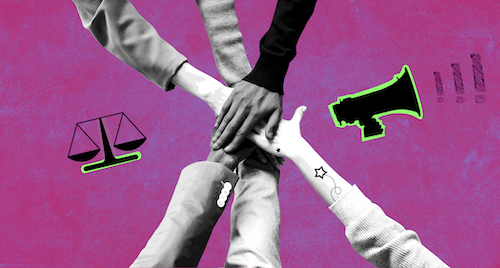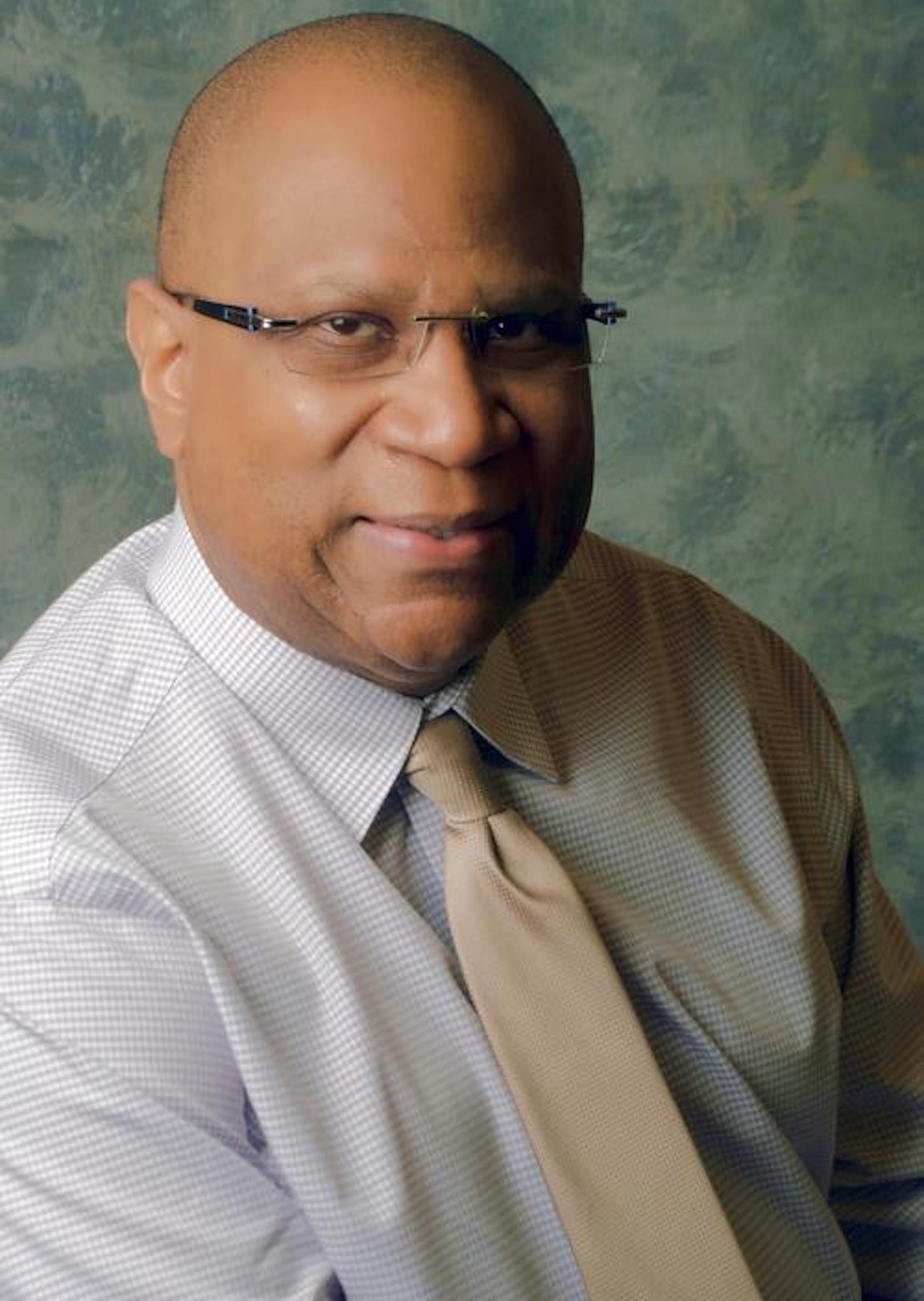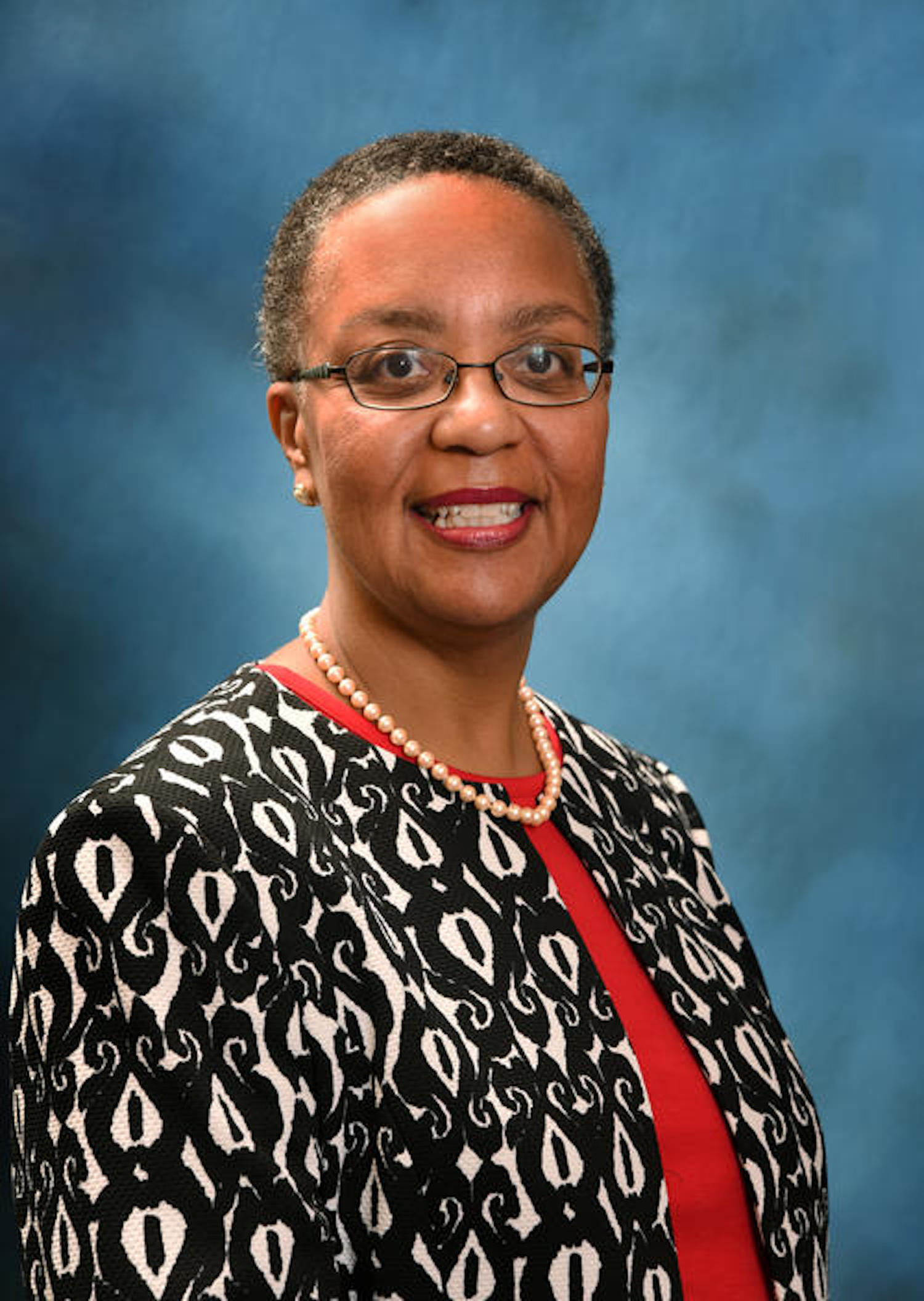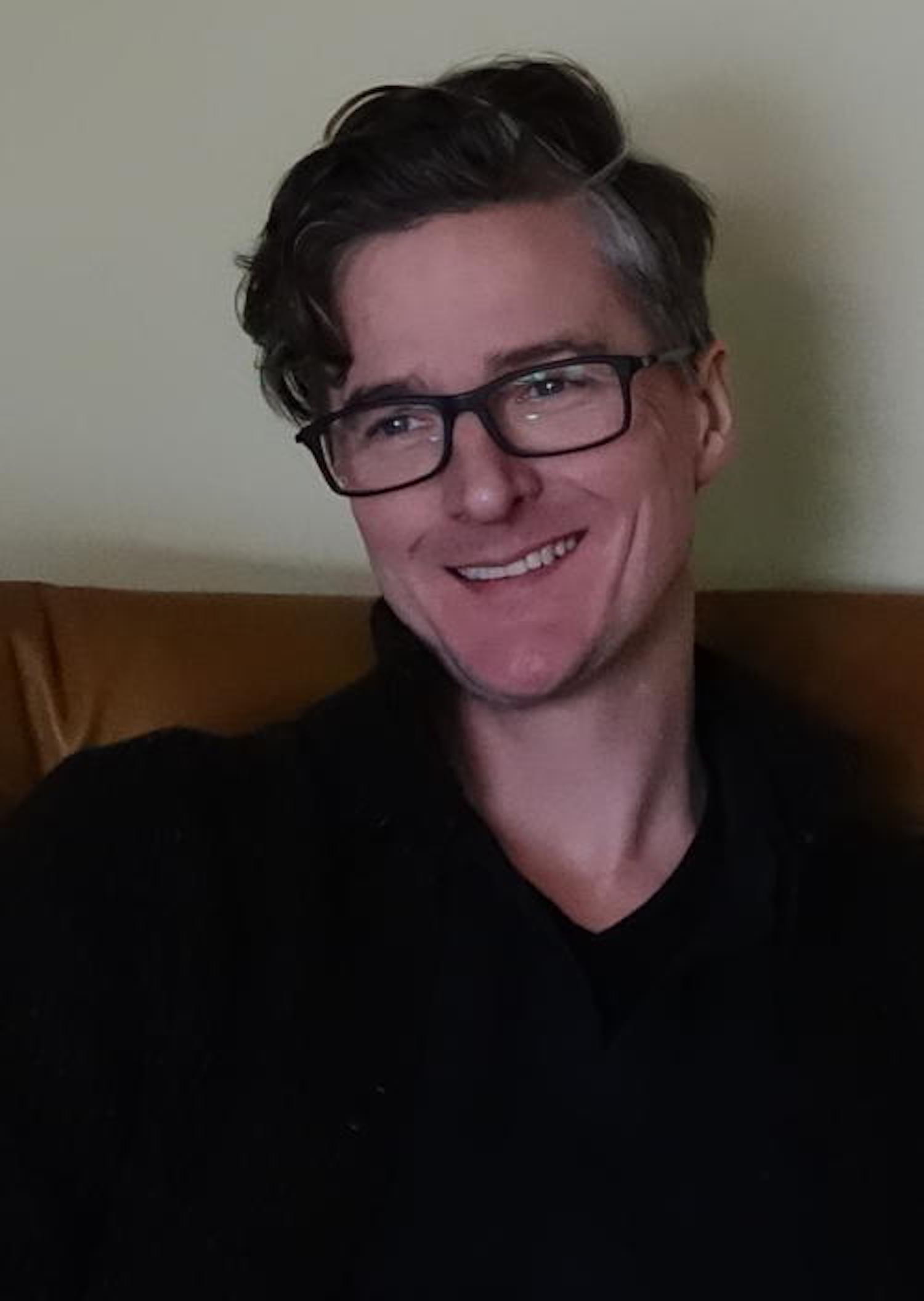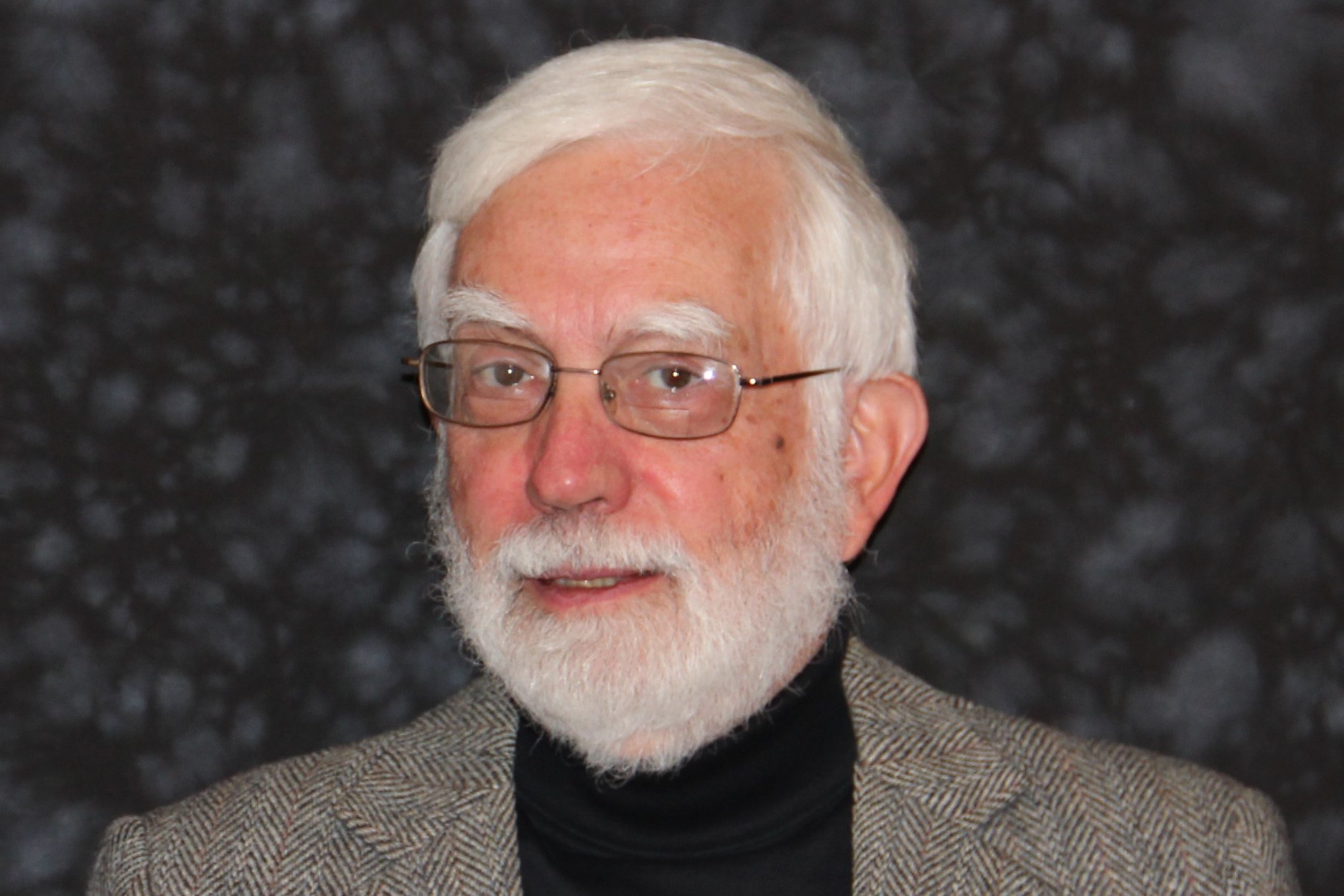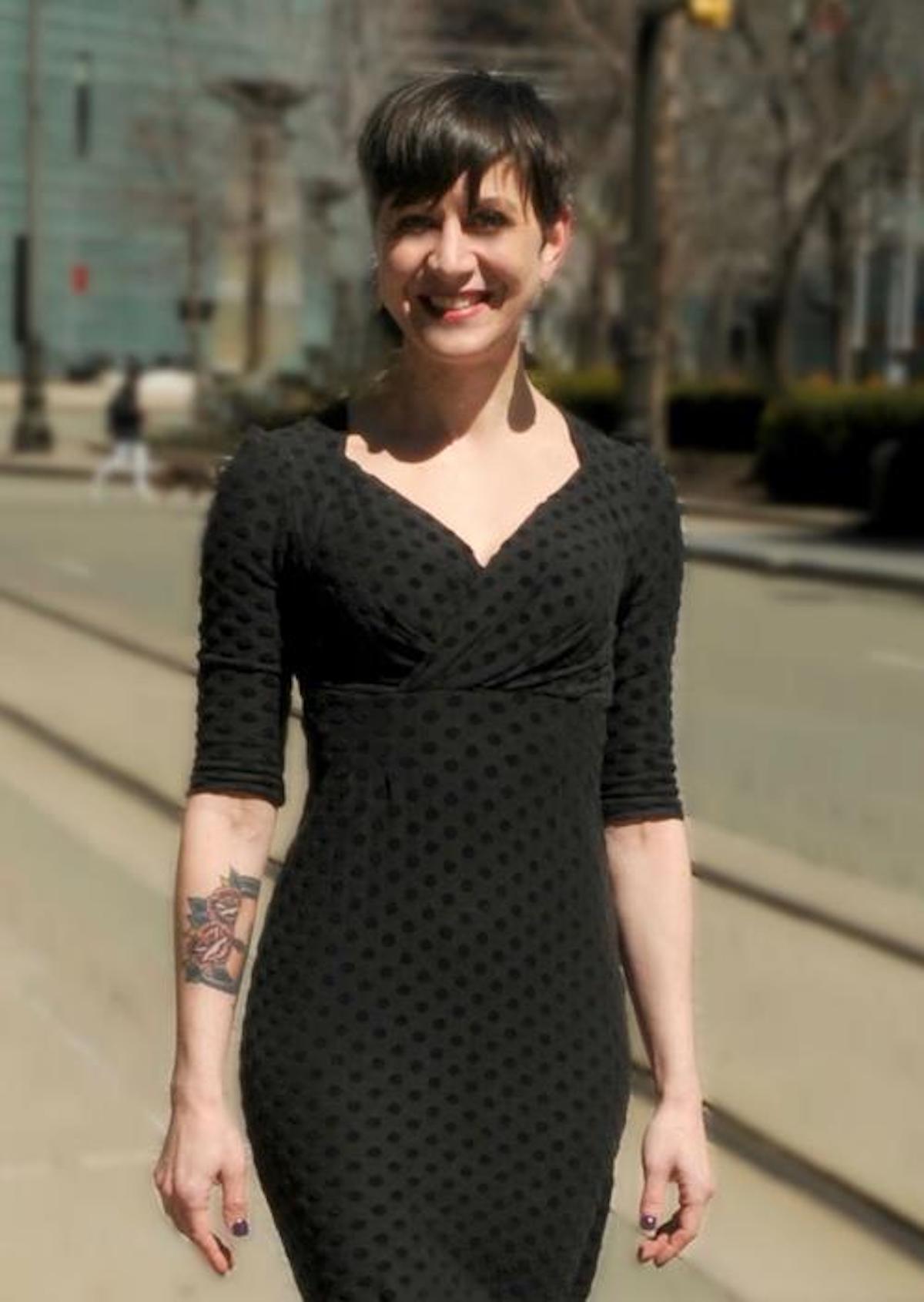
The world hasn’t experienced anything like the year 2020. There’s a global pandemic that’s forcing people to notice healthcare system cracks and income gaps. All across the planet, people — balancing social distance and social justice — are in the streets by the thousands to stand with Black voices. And after 50-plus years of activism, transgender rights were protected by the Supreme Court. It’s been a historic year — and there’s still four months left.
So what’s led us to this point? And where do we go from here?
If you are someone who’s asked these questions and would like to dive deeper into the issues at play, UM-Dearborn has a variety of resources and courses you can take.
To get you started, here are six online courses to consider taking this fall.

